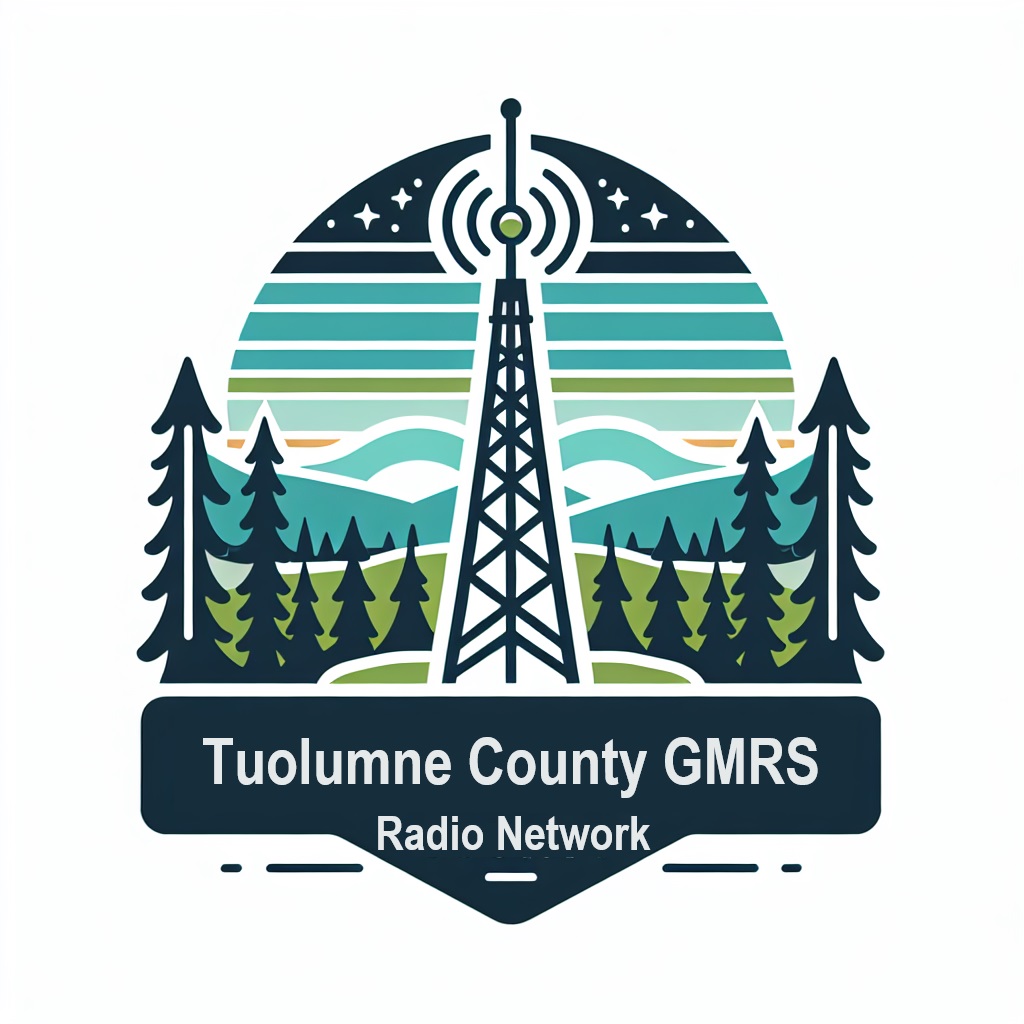Amateur radio practice nets play a crucial role in helping amateur and GMRS radio operators hone their skills, connect with fellow enthusiasts, and prepare for emergencies. These organized sessions provide a platform for participants to practice their communication techniques and learn from experienced operators. In this article, I will describe the benefits and procedures for participating in amateur and GMRS radio practice nets.
Introduction to Radio Practice Nets
Amateur and GMRS radio practice nets are scheduled radio sessions where operators gather to practice their communication skills, exchange information, and build camaraderie within the radio community. These nets are facilitated by a net control operator (NC) who coordinates the flow of communication, ensures that all participants have an opportunity to speak, and provides guidance as needed. Practice nets can take various forms, such as casual informational nets, or emergency preparedness drills.
Participating in radio practice nets offers a valuable opportunity for operators to enhance their proficiency in operating radio equipment, improve their on-air etiquette, and expand their knowledge of different operating procedures. By engaging in regular practice sessions, operators can gain confidence in their abilities, familiarize themselves with the nuances of radio communication, and receive feedback from experienced operators to help them improve. Practice nets also serve as a platform for operators to test their equipment, troubleshoot technical issues, and stay informed about developments in their radio community.
Benefits and Procedures for Participating in Practice Nets
One of the primary benefits of participating in radio practice nets is the opportunity to connect with other operators who share a passion for radio communication. By engaging in conversations, exchanging information, and sharing experiences with fellow enthusiasts, participants can build relationships, learn from one another, and foster a sense of community within the radio world. Practice nets provide a supportive environment where operators can ask questions, seek advice, and receive guidance from more experienced members.
To participate in a radio practice net, operators need to tune into a specific frequency at a designated time, identify themselves using their call sign, and follow the instructions provided by the net control operator. It is important for participants to adhere to the established protocol, wait for their turn to speak, and maintain a respectful demeanor throughout the session. By actively engaging in practice nets, operators can enhance their communication skills, stay current on best practices, and contribute to the overall growth and vibrancy of the radio community.
Summary
Amateur and GMRS radio practice nets offer a valuable platform for operators to enhance their skills, connect with like-minded individuals, and prepare for emergencies. By participating in these organized sessions, operators can improve their proficiency, expand their knowledge, and foster a sense of camaraderie within the radio community. Whether you are a novice or a seasoned operator, engaging in practice nets can be a rewarding experience that enriches your understanding of radio communication and strengthens your connections within the radio community.


